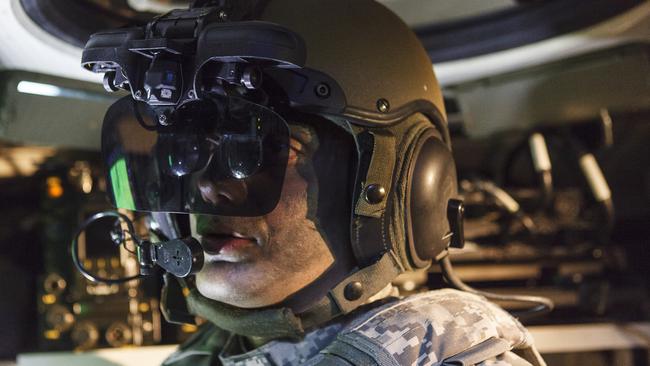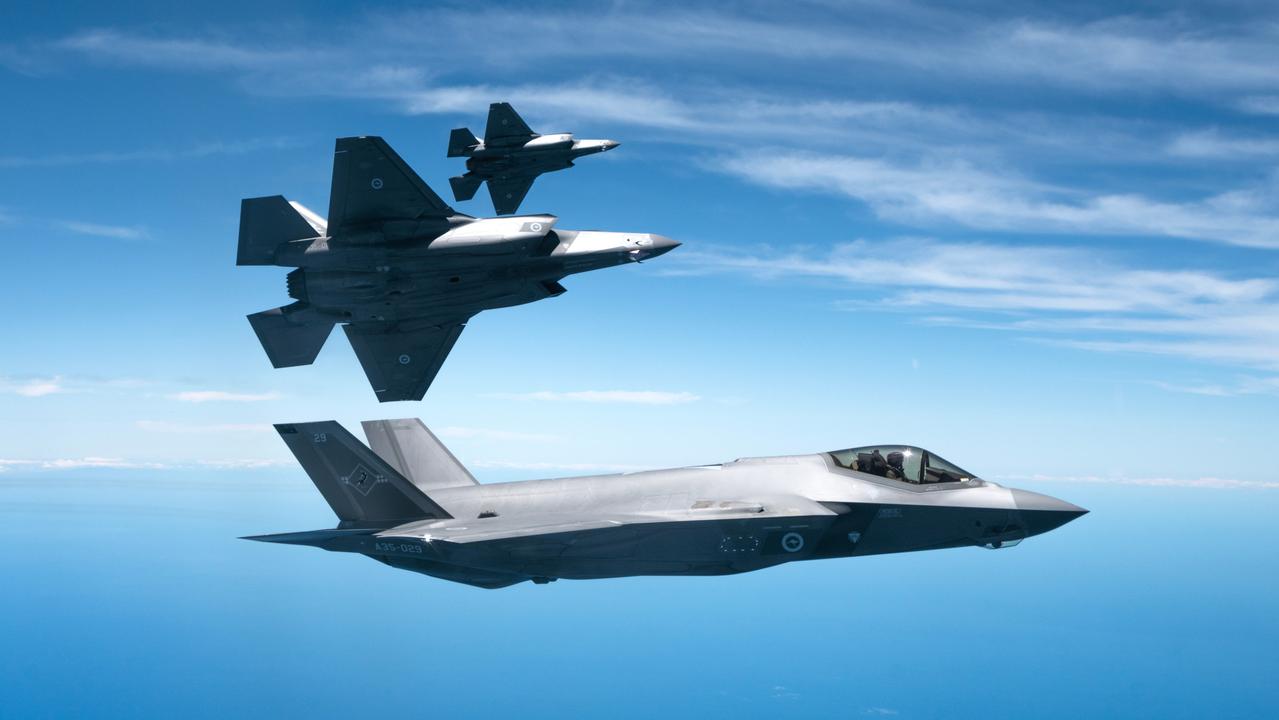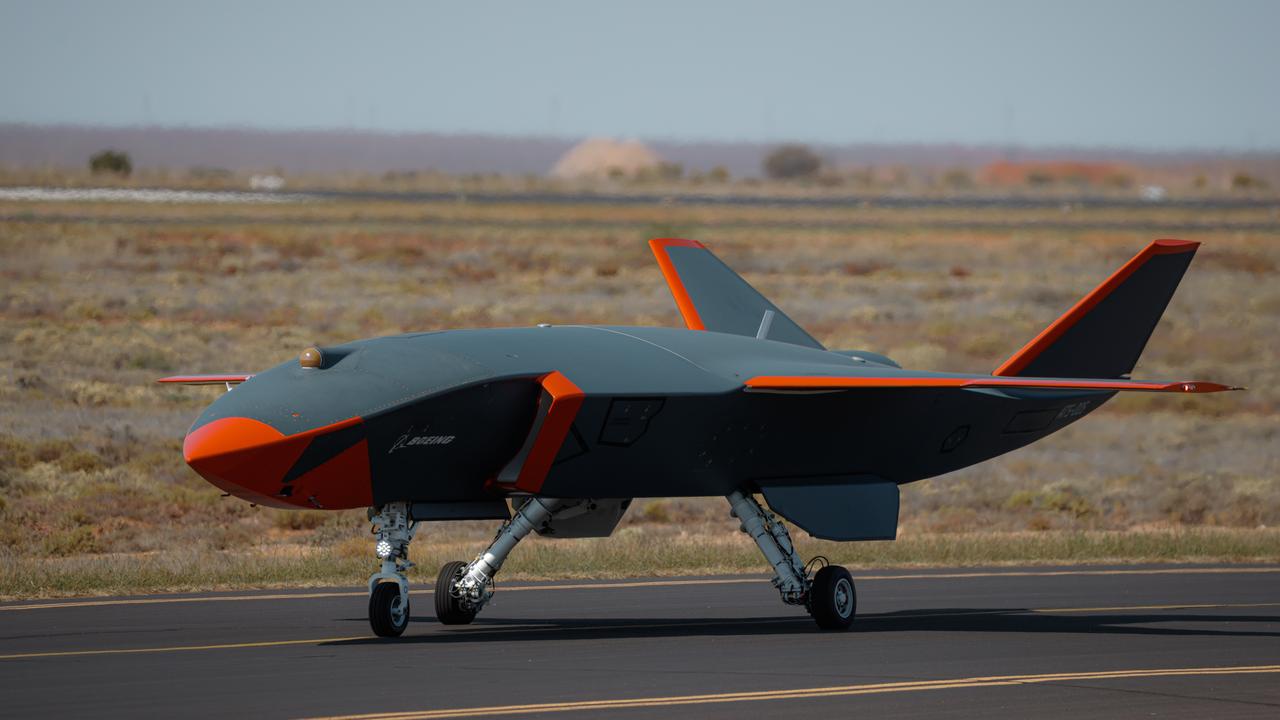New Melbourne CoE fast-tracks technology
The bushfires of 2019 and 2020 highlighted areas where technology can help both military and civilian agencies to react faster and with better situational awareness.

The bushfires that devastated much of Australia in 2019 and 2020 highlighted a key role of the Australian Defence Force (ADF) — directly supporting Australia’s own people when they need help. They also highlighted areas where technology can help both military and civilian agencies to react faster and with better situational awareness.
A former Australian soldier, Paul McLachlan, has accepted the challenge. Now the CEO of Israeli-owned Elbit Systems of Australia, he announced in February this year the formation of a new Centre of Excellence (CoE) in Human and Machine Teaming to address this emerging gap. The CoE, Elbit’s second outside Israel, will be established in partnership with the Victorian government’s Invest Victoria at the company’s Port Melbourne headquarters on Lorimer Street, close to Defence’s Science and Technology Group as well as key technology industry players such as Boeing Australia.
The new CoE builds on Elbit Systems’ previous work in digitising the Australian Army’s operations — building communications and computer systems that allow the seamless transfer of data and voice messages between small groups of riflemen or between entire brigades. This is where technology can help Australia’s emergency services, says McLachlan, a retired major general who was previously commander of the Army’s Deployable Joint Force HQ and before that headed the Land Systems Division at Defence’s procurement organisation, the Capability Acquisition and Sustainment Group.
Elbit is the 28th largest defence company in the world and a global specialist in commercialising deep technology R&D, which attracted the Victorian government. The CoE’s research will focus on collaboration between people and autonomous systems, and produce applications for Defence, the homeland security eco-system and all of Australia’s state-level emergency services.
The company and the Victorian government will make a formal announcement soon about its first R&D projects, McLachlan told The Australian: “We’ve started now and obviously we have some agreed milestones to hit and we’ll make some announcements with the Victorian government shortly.”
Through the CoE the company will work with Victorian universities and research organisations to foster collaboration in the innovation ecosystem, says Invest Victoria. It will also partner with local start-ups and SMEs that have something to offer, McLachlan adds. It plans to boost commercialisation of Australian-developed technology in autonomous systems, machine vision, robotics, industrial internet-of-things networks, and augmented and virtual reality.
The timing of the announcement was coincidental, he says, but aligns very well with Elbit Systems Australia’s own internal transformation. From being almost a shopfront for innovative Israeli technology, the CoE will underpin technology transfer from Israel to Australia, enabling local development of sovereign technologies. That’s a fundamental change, McLachlan says.
“I want to make [us] a pretty unique value proposition in the Australian defence industry, because I think Israel is more willing than most countries to actively engage in technology transfer into an Australian workforce.”
Elbit Systems Australia’s transformation will enable it to maintain access to the really disruptive and innovative technology that’s being developed in Israel, says McLachlan, “But we’ll have the capacity to develop from that baseline and then lift it over a [security] firewall to develop foreground IP with a classified customer by ourselves — that’s what we’re aiming at.” Sovereignty, in other words, but without surrendering access to best-of-breed technology.
Some of the technology at the CoE’s heart, such as Elbit’s own Human-Machine Interface, is important to Defence, he says. But last year’s devastating bushfires, and the desperate need to co-ordinate across separate state-level emergency services and emergency management authorities, represent a new opportunity.
“I know that we could diversify the baseline product and make it really relevant in solving a lot of the problems our emergency management organisations face in terms of bearer diversity and resilience, and integration of third party systems. It’s pretty rare that an emergency management organisation gets R&D money to spend,” he points out.
Over the next year or so an important opportunity will be the competition for Phase 3 of Defence’s Project Land 200. Worth up to $2bn, this will transform the Army’s battlefield command system from paper-based to fully digital. It was described by the current Chief of Defence Force, Lieutenant General Angus Campbell, when he was still chief of Army, as the service’s highest priority.
Elbit Systems Australia was one of the industry contractors in Phases 1 and 2 and will compete for Phase 3. The new CoE makes this an opportunity to be more disruptive, Mclachlan says. It provides both an R&D hub and a Systems Integration Laboratory where the company can develop and then demonstrate genuinely disruptive command and control capabilities.
“What we want is to show Defence an unconstrained innovation space. We’ve got some really good ideas and capabilities … and we aim to be able to fully demonstrate those.”
He says Elbit can showcase the capabilities of the many smart companies in Australia and integrate it into the company’s future combat system.


